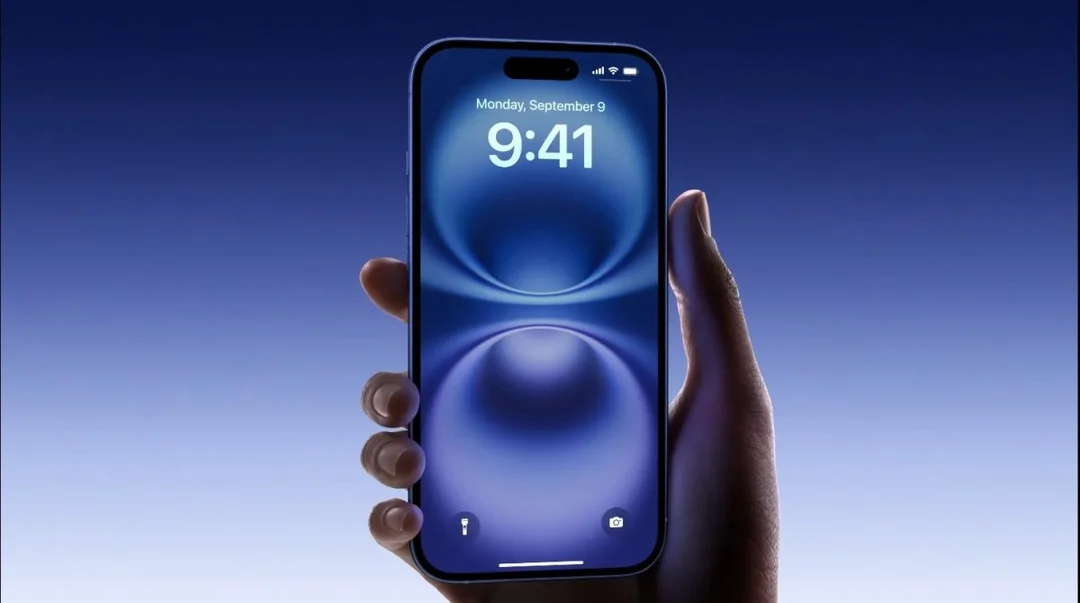
Transparent ‘Methaphone’ Goes Viral: A Plastic Solution to Smartphone Addiction?
A transparent phone is taking the internet by storm! A video featuring a woman using a seemingly transparent device that resembles a smartphone has gone viral, sparking curiosity and debate. But is this futuristic tech or something else entirely? The answer might surprise you. This isn't your average tech gadget; it's the 'methaphone', a piece of acrylic designed to make you question your phone habits.

The buzz began with a TikTok video of Catherine Goetze, also known as CatGPT, showcasing the transparent "phone" at a boba shop. Millions viewed the video, with some comparing the device to something out of a Black Mirror episode. However, the truth is far more intriguing. The so-called methaphone is a social experiment created by toymaker Eric Antonow, aiming to address our growing smartphone addiction.
Antonow explains that the name 'methaphone' is a nod to methadone, a harm reduction tool for morphine and heroin addiction. His intention is to provide a physical reminder of our dependence on these devices. "I wanted a device that would make you think. It is a mirror for your phone feelings," Antonow said on his website. "You turn it over in your hands and questions might start to arise. Woah, how can this thing have such power and presence in my life? What would it be like to carry it around with me all day?"
Goetze's website now offers a form to request your own methaphone, encouraging users to share their experiences. She asks, "We're all just individuals up against, what? The entirety of big tech? I think that's why this little piece of acrylic feels so empowering."
While some believe the methaphone is a gimmick, others see potential in its ability to spark conversations about our digital habits. As Goetze points out, even if it doesn't drastically reduce phone usage, the dialogue it initiates is valuable.
However, not everyone is convinced. Many commenters on Goetze's TikTok videos argue that the addiction lies within the apps, not the physical device itself. One comment reads, "Nobody is addicted to holding phones, they're addicted to the apps."
Kostadin Kushlev, an assistant professor at Georgetown University, notes that research on devices like the methaphone is limited. He draws a parallel to nicotine-free devices used by people quitting smoking. He explains that social media and gaming platforms use "variable reinforcement" to keep users hooked. This unpredictable reward system keeps us constantly checking for notifications, creating a cycle of dopamine hits and addiction.
The methaphone may not be a silver bullet for smartphone addiction, but it serves as a tangible reminder of our relationship with technology. Amazon Kindle cites that we're more addicted to our devices than we think, and the barrage of notifications activates cognitive control network, diverting focus away from what we were doing.
Is the methaphone a symbolic gesture against the power of big tech, or a genuine attempt to curb our screen time? It's clear the conversation around digital wellbeing is just beginning.
What are your thoughts on the methaphone? Do you think it could help people reduce their smartphone usage? Share your opinions in the comments below!